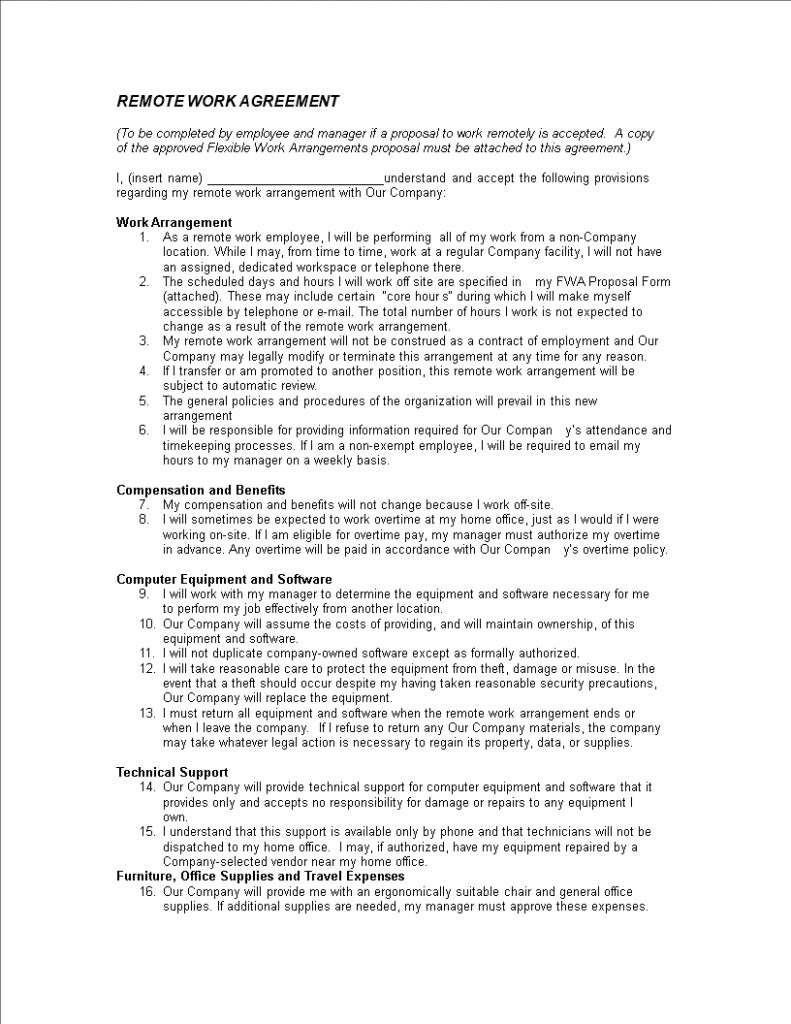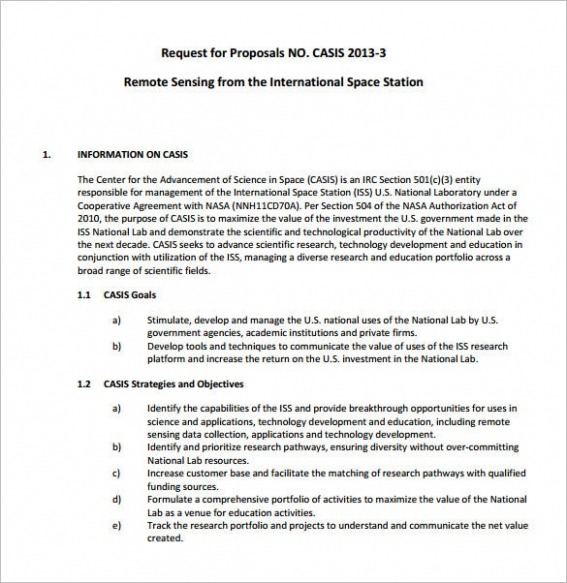Remote Work Offer Letter Template Taxpayers experiencing tax financial obligation problems rarely contrast the IRS offer in compromise with the Chapter 13 insolvency. Frequently, the Chapter 13 will certainly offer a extra specific solution for the taxpayer to deal with tax financial debt. This article examines the family member benefits of both the deal in compromise and Phase 13.

An deal in compromise may be the most promoted tax obligation treatment. You can not listen to radio or watch television without being bombarded by ads to settle your tax obligation debt. Typically the advertisements declare that the internal revenue service has actually revealed that kindness in the collection of the tax financial obligation exists for a restricted time. The sad fact is that the compassion news by the IRS was usually for various other problem location, such as tax obligation sanctuaries. The IRS rejects about 85 percent of all deals in compromise submitted because of doubt as to collectibility. Deals in compromise are generally filed due to the fact that the taxpayer thinks the tax obligation financial obligation can not be paid, Doubt regarding Collectibility is one of the most common sort of deal in compromise. Other sorts of deals in concession are outside the range of this post.
The benefit of the offer in compromise is that the tax obligation liabilities, including the relevant fines and also interest, are lowered to the amount the IRS and also the taxpayer concur can be paid. Both parties need to consent to the terms of the deal in compromise. The deal in compromise is a contract between the IRS as well as the taxpayer. The terms of the contract can be implemented versus the taxpayer as well as the internal revenue service.

Acceptance of the deal in concession occurs when the IRS thinks that the offer is at the very least as long as could be collected by the IRS over the one decade life of the law of restrictions. The internal revenue service will certainly reject an deal that is for a lesser quantity than it could otherwise accumulate.
The internal revenue service makes use of a consistent set of monetary criteria that are not adaptable in both the analysis of the quantity paid monthly in an installment contract and in an deal in compromise. These criteria restrict the expenditures for living that the taxpayer can declare are needed for living. The criteria consist of food, real estate and also utilities, transport, and also expense health expenditure. The requirements might create drastic issues for a taxpayer with a moderately higher standard of life. Overhead are not influenced by the standards.
The evaluation of the minimum deal in concession that will certainly make the deal processable is the equity in the taxpayer’s possessions plus the amount that could be paid in an installment contract over a specified period of time. The duration of the future monthly repayments taken into consideration by the IRS depends upon exactly how the deal will certainly be paid by the taxpayer. The internal revenue service wants 48 months of regular monthly payment if the taxpayer uses a round figure. The internal revenue service desires 60 months of monthly settlement if the offer is to be paid in a short-term agreement of 2 years or much less. Nevertheless, the internal revenue service will think about accurate problems such as retirement as well as wellness of the taxpayer in shortening the duration of the multiplier.



